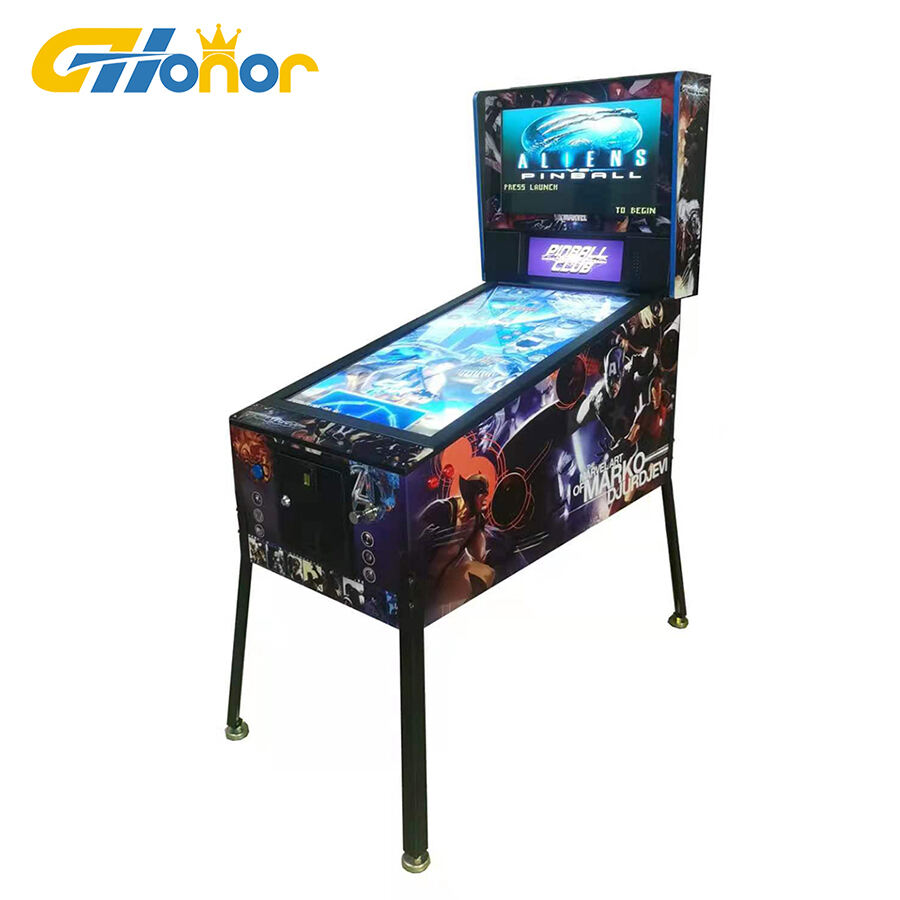A video game store is a retail or digital platform that sells video games, gaming hardware, accessories, and related merchandise, serving as a hub for gamers to discover, purchase, and engage with interactive entertainment. These stores range from physical brick-and-mortar locations to online marketplaces, each offering unique advantages in terms of customer experience, product selection, and community engagement. Physical video game stores provide a tangible shopping experience, allowing customers to browse physical copies of games (boxed discs or cartridges), inspect hardware (consoles, controllers, headsets), and seek in-person assistance from knowledgeable staff. These stores often organize their products by platform (PlayStation, Xbox, Nintendo, PC) or genre (action, role-playing, sports), making it easy for customers to find specific titles. Many physical stores feature demo stations where players can try out new releases before purchasing, helping them make informed decisions. Staff members, often passionate gamers themselves, offer recommendations, troubleshooting advice, or insights into upcoming releases, creating a personalized shopping experience. Physical stores may also host events like midnight launches for highly anticipated games, tournaments, or gaming nights, fostering a sense of community among local gamers. They often sell pre-owned games and hardware, providing affordable options for budget-conscious customers and allowing trade-ins (where customers exchange old games for store credit), creating a circular economy around gaming products. Digital video game stores, accessible via the internet or directly through gaming platforms, have become increasingly dominant, offering instant access to games without physical media. Examples include Steam (PC), PlayStation Store, Xbox Store, and the Nintendo eShop, as well as mobile app stores (Apple App Store, Google Play). These stores feature vast libraries of games, from AAA blockbusters to indie titles, with detailed descriptions, screenshots, videos, and user reviews to help customers evaluate products. Digital stores offer convenient features like instant downloads, pre-orders with early access, and automatic updates, ensuring games are always up to date. They often run sales, discounts, or bundle deals (multiple games sold together at a reduced price), making gaming more affordable. Many digital stores also include social features, such as friend lists, game libraries, and achievement tracking, integrating shopping with the gaming experience. Specialized video game stores cater to niche markets, such as retro gaming stores that sell classic games, vintage consoles, and collectibles (e.g., rare cartridges, gaming memorabilia). These stores appeal to collectors and enthusiasts seeking hard-to-find items, offering restoration services for old hardware or expertise in retro gaming history. Other specialized stores focus on esports equipment, selling high-performance PCs, professional-grade controllers, and streaming accessories for competitive gamers and content creators. Whether physical or digital, video game stores play a crucial role in connecting developers and publishers with players, driving game sales, and supporting the gaming ecosystem. They adapt to industry trends, such as the shift to digital distribution, the rise of subscription services (e.g., Xbox Game Pass, which offers a library of games for a monthly fee), and the growing demand for retro and indie games, ensuring they remain relevant in the evolving gaming landscape.
